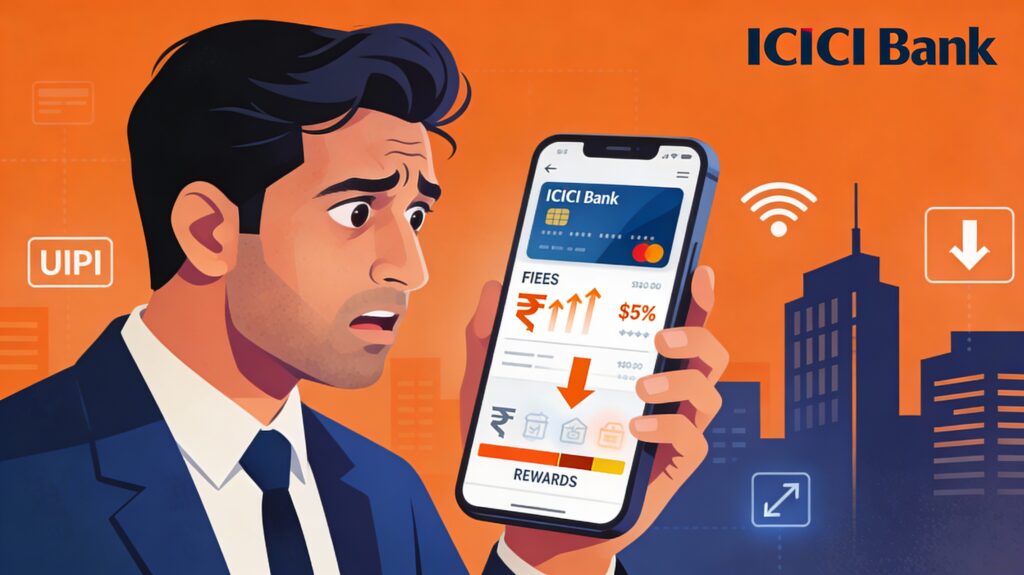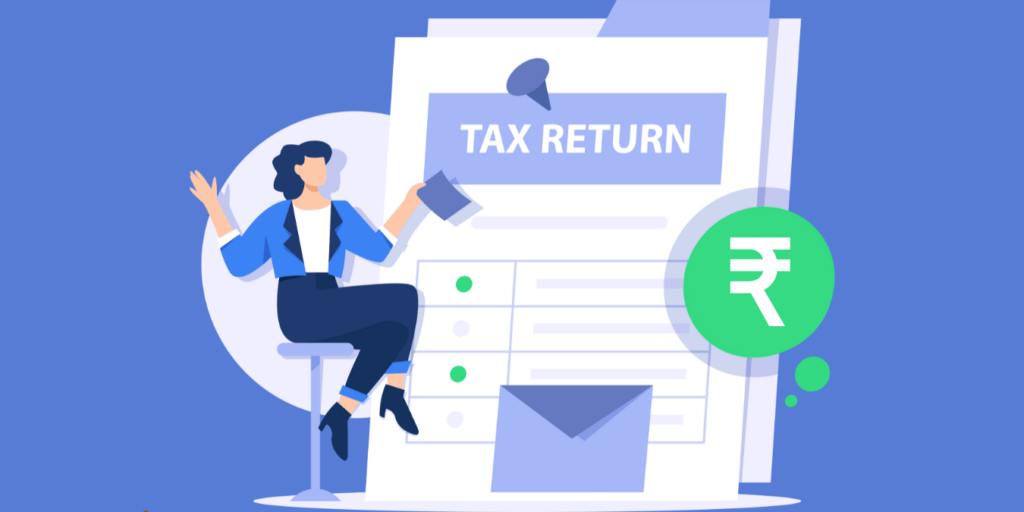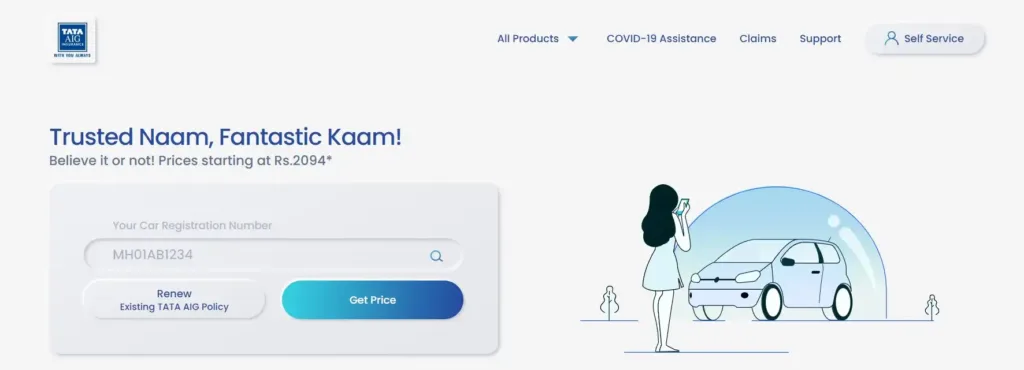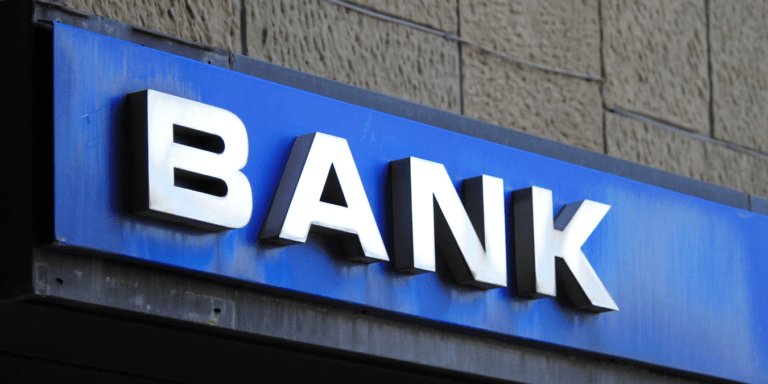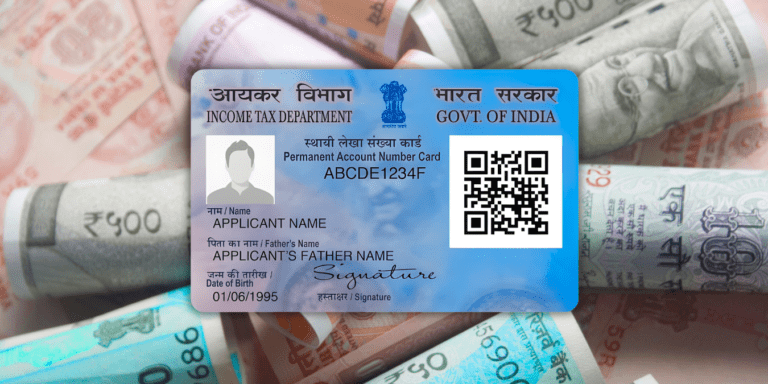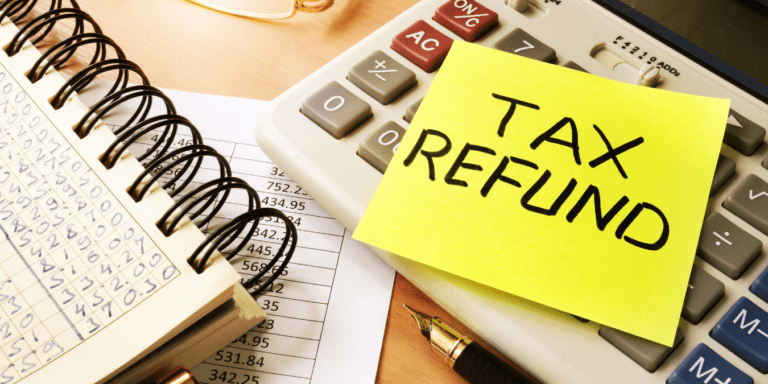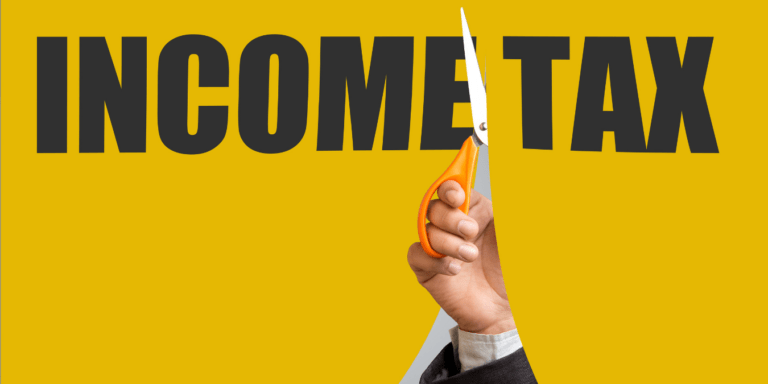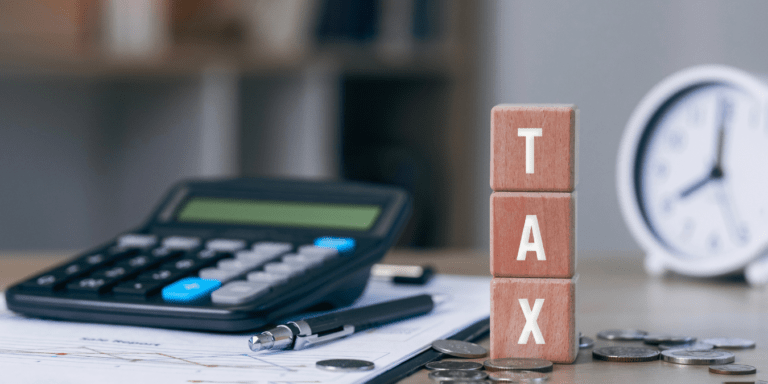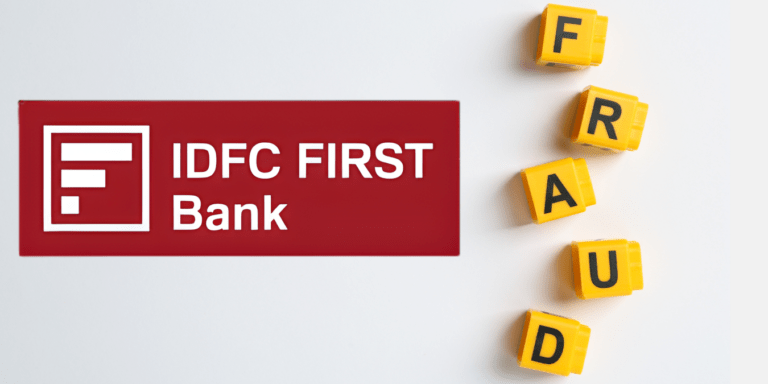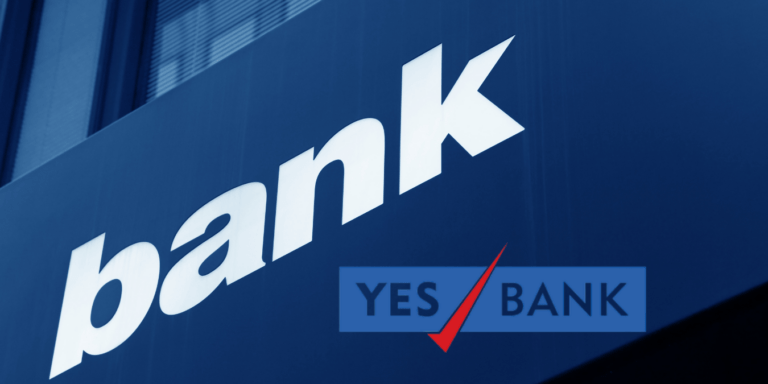
“Learn how paying rent to parents can help you claim HRA exemption and save tax. Discover the legal steps, benefits, and tips to maximize savings while ensuring compliance with income tax laws. Start saving today with this ultimate guide to HRA and tax planning!”
House Rent Allowance (HRA) is a significant component of a salaried individual’s income in India. It not only helps in managing rental expenses but also offers substantial tax benefits. If you are paying rent to your parents, you can still claim HRA exemption and save on taxes. One of the most effective ways to reduce your taxable income is by claiming the House Rent Allowance (HRA) exemption under Section 10(13A) of the Income Tax Act, 1961. But did you know that you can legally pay rent to your parents and claim HRA exemption? This strategy not only helps you save tax but also ensures that your parents receive additional income, which can benefit their financial needs.
What is HRA
House Rent Allowance (HRA) is a component of a salary package provided by employers to employees to help them cover rental housing expenses. It is particularly beneficial for employees living in urban areas where housing costs are high. The Income Tax Act, 1961, allows salaried individuals to claim exemptions on HRA, reducing their taxable income.
Eligibility Criteria for HRA Exemption
To claim HRA exemption, you must meet the following conditions:
- Salaried Individual: Only salaried individuals can claim HRA. Self-employed individuals can claim a deduction under Section 80GG.
- Rented Accommodation: You must live in rented accommodation and not in a self-owned house.
- Rent Payment: The rent paid should exceed 10% of your salary.
- HRA Component: HRA must be a part of your salary structure.
- Not Paying Rent to Spouse: You cannot claim HRA if you are paying rent to your spouse.
Calculation of HRA Exemption
The HRA exemption is calculated as the least of the following three amounts:
- Actual HRA Received: The total HRA received from your employer during the financial year.
- Rent Paid Minus 10% of Salary: Rent paid in excess of 10% of your basic salary.
- 50% or 40% of Salary: 50% of the basic salary for employees living in metro cities (Delhi, Mumbai, Kolkata, and Chennai), and 40% for those residing in non-metro cities.
Example Calculation
Let’s consider an example to understand the calculation better:
- Basic Salary: ₹50,000 per month
- HRA Received: ₹20,000 per month
- Rent Paid: ₹30,000 per month
- City: Mumbai (Metro City)
The HRA exemption will be the least of the following:
- Actual HRA Received: ₹20,000 × 12 = ₹2,40,000
- Rent Paid Minus 10% of Salary: (₹30,000 × 12) – (10% of ₹50,000 × 12) = ₹3,60,000 – ₹60,000 = ₹3,00,000
- 50% of Salary: 50% of (₹50,000 × 12) = ₹3,00,000
Thus, the HRA exemption will be ₹2,40,000 annually.
Documentation Required
To claim HRA exemption, you need to submit the following documents:
- Rent Receipts: Valid rent receipts from the landlord.
- Rent Agreement: A rent agreement with the landlord.
- Landlord’s PAN: If the annual rent exceeds ₹1,00,000, the landlord’s PAN is mandatory.
- Proof of Payment: It is advisable to pay rent via cheque or electronic transfer to maintain a clear record.
Can You Pay Rent to Your Parents and Claim HRA?
Yes, you can legally pay rent to your parents and claim HRA exemption, provided certain conditions are met:
- Ownership of Property: Your parents must own the property you are living in. If they are co-owners, you can pay rent to both of them proportionately.
- Genuine Rental Agreement: You must have a formal rental agreement with your parents, specifying the rent amount and other terms.
- Actual Payment of Rent: You must actually pay rent to your parents, and they should acknowledge the receipt of rent.
- Parents’ Tax Liability: Your parents must declare the rental income in their tax returns and pay taxes on it if their total income exceeds the basic exemption limit.
Steps to Claim HRA When Paying Rent to Parents
- Draft a Rental Agreement
Create a formal rental agreement between you and your parents. The agreement should include:- Names of the parties (you and your parents)
- Property address
- Rent amount
- Duration of the agreement
- Terms and conditions
- Pay Rent Regularly
Transfer the rent amount to your parents’ bank account every month. Avoid cash transactions, as they may raise red flags during tax scrutiny. - Obtain Rent Receipts
Collect rent receipts from your parents every month. The receipts should include:- Your name
- Your parents’ names
- Property address
- Rent amount
- Period for which rent is paid
- Signature of your parents
- Declare HRA in Your Tax Filing
While filing your income tax return, declare the HRA exemption under Section 10(13A). Provide details of the rent paid and the rental agreement if required. - Ensure Parents Declare Rental Income
Your parents must include the rental income in their tax returns. If their total income exceeds the basic exemption limit (₹2.5 lakh for individuals below 60 years), they will need to pay taxes on the rental income.
Important Points to Note
- Genuine Transaction: Ensure that the rent transaction is genuine and not just for tax-saving purposes.
- Parents’ Tax Liability: The rent received by your parents will be considered their income and will be taxable.
Common Mistakes to Avoid
While claiming HRA exemption, avoid these common mistakes:
- Incorrect Calculation: Ensure accurate calculation of HRA exemption.
- Incomplete Documentation: Submit all required documents to avoid rejection.
- Paying Rent to Spouse: You cannot claim HRA if you are paying rent to your spouse.
- Non-Genuine Transactions: Avoid non-genuine rent transactions as they can lead to legal issues.
Claiming HRA exemption by paying rent to your parents is a legitimate way to save on taxes. Ensure that you meet all the eligibility criteria, maintain proper documentation, and follow the correct procedure to avoid any issues. By doing so, you can effectively reduce your taxable income and maximize your tax savings.
Frequently Asked Questions
Q1: Can I claim HRA exemption if I live in my own house? No, HRA exemption can only be claimed if you live in rented accommodation.
Q2: Can I claim HRA and home loan benefits simultaneously? Yes, you can claim both HRA exemption and home loan benefits if you meet the respective conditions.
Q3: Is it mandatory to submit rent receipts to claim HRA? Yes, valid rent receipts are mandatory to claim HRA exemption.
Q4: Can I claim HRA for two rented houses? No, HRA can be claimed for only one rented house.
Q5: What happens if my landlord does not have a PAN? If the annual rent exceeds ₹1,00,000 and the landlord does not have a PAN, you need to obtain a declaration from the landlord stating the same.
-

Indian Stock Market Trends: Your Definitive Monday Market Briefing for 23 February 2026 — Sensex, Nifty, Bank Nifty, Top Picks & Sector Outlook
-

Which Bank Gives the Cheapest Personal Loan in February 2026? Here’s What 10 Lenders Are Actually Offering
-
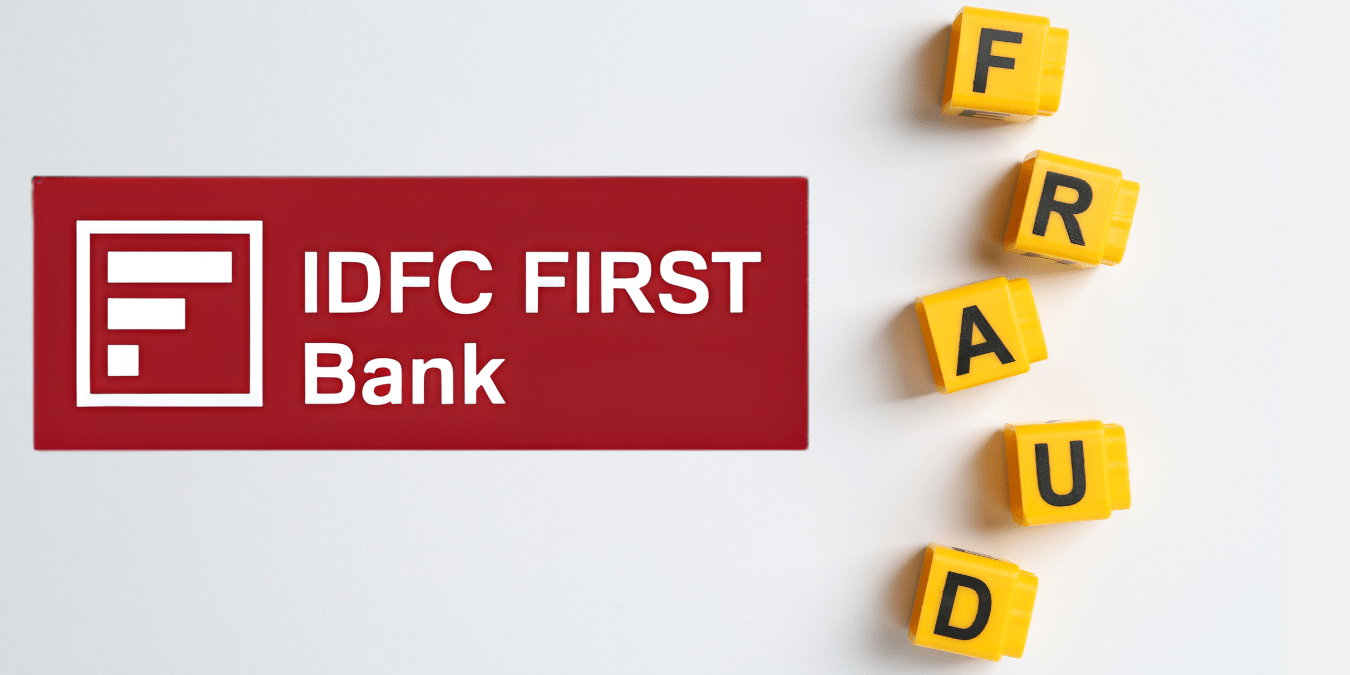
IDFC First Bank Chandigarh Branch Fraud: How Rs 590 Crore Went Missing From Haryana Government Accounts
-
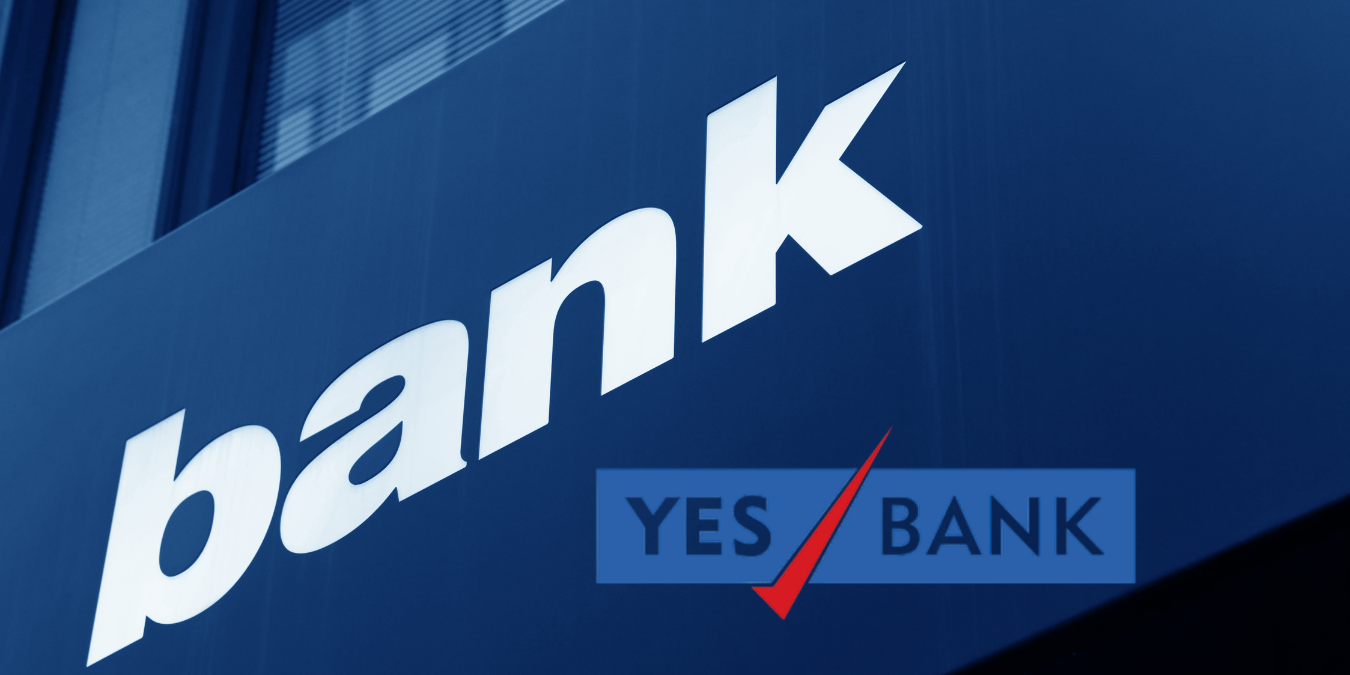
YES Bank Aims for 1% ROA by FY26: Is India’s Most Dramatic Banking Comeback Finally Complete?





